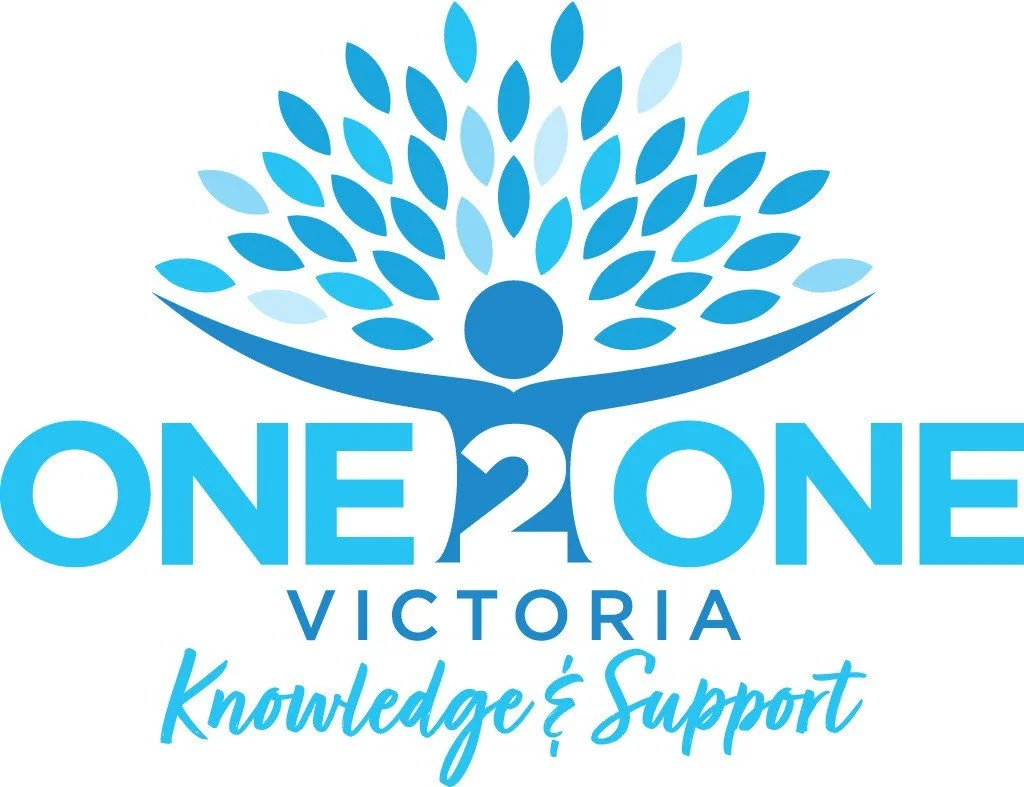Benefits You Get From Being Mentored
Mentoring offers several important benefits for a disability support worker, including:
Skill Development: Mentoring helps workers build practical skills, such as communication, problem-solving, and person-centred support techniques.
Increased Confidence: With guidance from a mentor, workers feel more confident in their decisions and actions, especially when facing new or complex situations.
Professional Growth: Mentoring supports career development by exposing workers to new ideas, best practices, and learning opportunities aligned with NDIS Practice Standards.
Reflective Practice: Mentors encourage self-reflection, helping workers learn from experiences and continuously improve their practice.
Emotional Support: Having someone to talk to can reduce stress, prevent burnout, and improve overall job satisfaction.
Stronger Teamwork: Mentoring promotes collaboration and knowledge sharing, which strengthens workplace relationships and team culture.
Better Outcomes for Participants: As support workers improve their skills and confidence, they provide more effective, person-centred support, leading to better outcomes for NDIS participants.
Overall, mentoring empowers support workers to grow, feel supported, and deliver high-quality, ethical, and responsive care.

